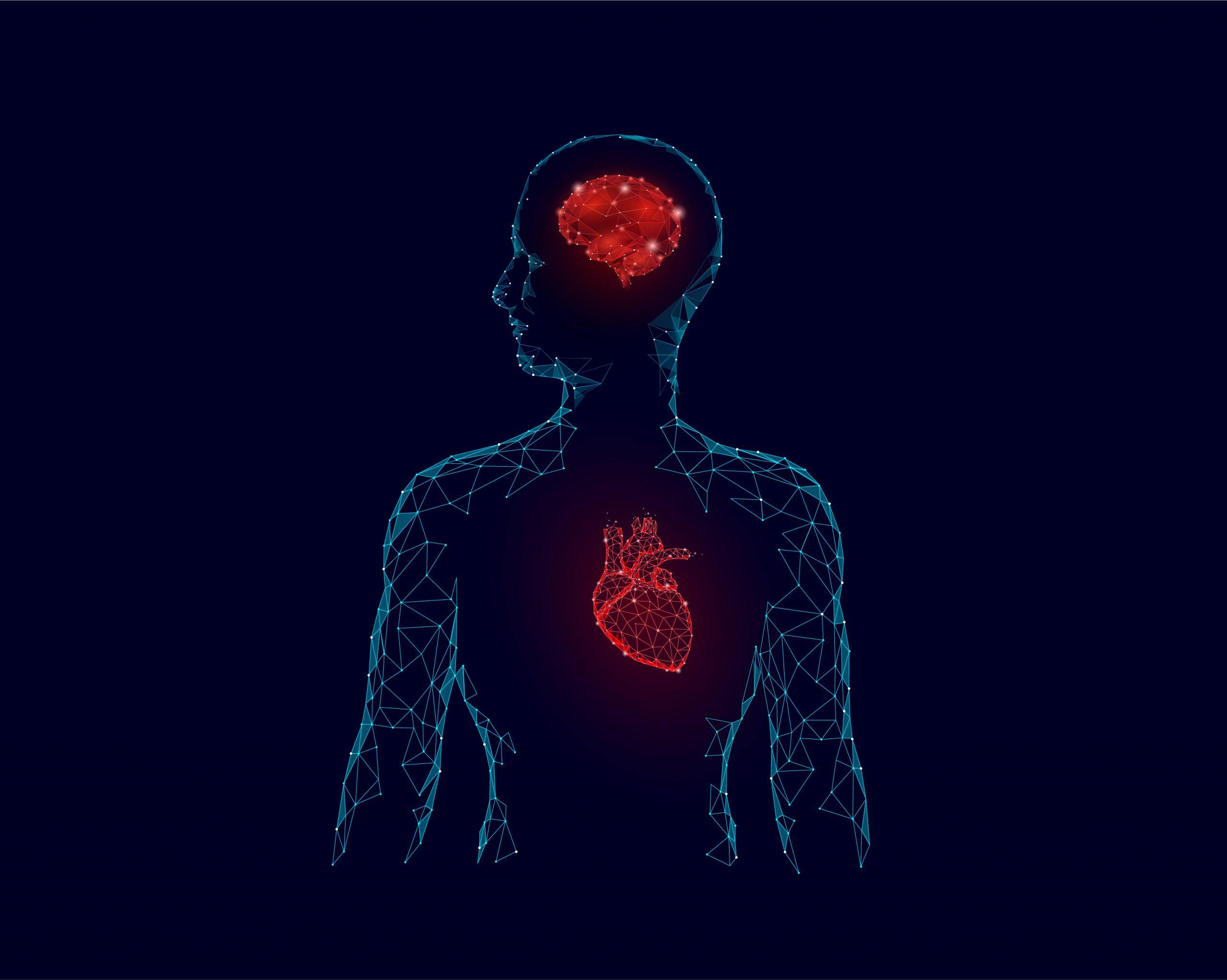Depression and heart disease are two widespread diseases observed among the general public today. They often occur simultaneously within the same person. Many patients have been affected by depression after a heart attack, though they had no prior history of depression. Similarly, people with depression have been observed to develop heart diseases at a higher rate than normal persons.
It is natural for a patient to feel sad or depressed temporarily after a heart attack or cardiac surgery. The feelings of sadness generally go away after a few weeks as the patients adjust to a normal routine after recovery. However, if the depressed mood persists for a longer duration along with other symptoms it is necessary to take treatment.
Factors leading to depression
Depression is a medical illness that negatively affects how a patient feels, thinks, and behaves. It is caused by a combination of many factors like genetic, environmental, and psychological. Some of the major symptoms of depression include:
- Feelings of sadness and hopelessness
- Irritability over small matters
- Sleep disturbances
- Tiredness and lack of energy
- Reduced appetite and weight loss
- Anxiety and restlessness
- Trouble in thinking, concentrating, and remembering
However, with proper diagnosis and treatment, it is possible to recover from depression and lead a normal life. Over a period of time, it can help to improve the patient’s overall health and decrease the risk of heart disease.
Effect of depression in patients with CVDs
Studies have shown that around 15 percent of patients with cardiovascular diseases experience depression. If not managed properly stress can lead to high blood pressure, damage to arteries and irregular heart rhythms. It can also increase adrenergic drive and other humoral changes which are risk factors for cardiovascular disease. In many cases, depression leads to negative lifestyle habits like smoking, consumption of alcohol and poor diet, all of which could interfere with the heart disease treatment.
According to Dr Ramji Mehrotra, in patients with heart disease if depression is left untreated, it because of reasons enumerated above can increase the risk of heart attack and blood clots.
Managing depression and heart disease
It is very important to take the right steps for managing depression and consequently reduce the risk of heart disease. Some of the lifestyle changes that can help to manage both depression and heart disease include:
- Consume healthy foods: A balanced diet improves the health of the heart and reduces the risk of heart disease.
- Regular exercise: Exercise helps significantly in improving the health of people with depression. It also improves heart health.
- Avoid alcohol: Alcohol is a depressant and lowers the serotonin levels in the brain thereby causing depression to worsen. It can also increase the blood pressure and increase the risk of heart attack or stroke.
- Quit smoking: Many depressed people take up smoking which is a major risk factor in developing heart disease. By not smoking the chances of developing heart disease can be lowered significantly.
A few other techniques to lower stress levels and prevent depression include:
- Doing meditation and deep breathing exercises
- Using visualization and recollecting positive memories
- Getting adequate sleep and rest
- Sharing feelings with others or writing them down
Conclusion
Dr. Mehrotra says that early detection of depression and treatment are crucial to not only improve a patient’s quality of life but also reduce the probability of heart disease. If not treated in time, depression can increase the risk of a heart attack. Patients with depression should not be stigmatized and must be helped to recover by providing them with the right treatment and support.

